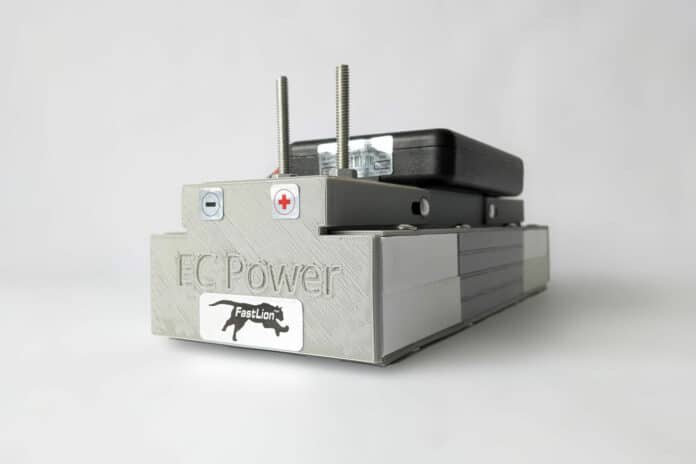Scientists at Pennsylvania State University have presented a significant breakthrough in electric vehicle battery design that enabled a 10-minute charge time for a typical EV battery.
The innovative lithium-ion battery design involves a record-breaking combination that allows for a shorter charge time and more energy storage for a longer travel range, according to researchers who came up with it.
“The need for smaller, faster-charging batteries is greater than ever,” said Chao-Yang Wang, the lead author of the study. “There are simply not enough batteries and critical raw materials, especially those produced domestically, to meet anticipated demand.”
Fast charging technology makes it possible for electric vehicles to be reduced from 150 to 50 kWh without causing drivers to feel range anxiety, making them more economical and efficient. Smaller, faster-charging batteries will dramatically reduce battery costs and the usage of critical raw materials, such as cobalt, graphite, and lithium, enabling mass adoption of affordable electric cars, Wang explained.
The breakthrough focuses on a novel method that regulates battery temperature, which is necessary to optimize charging time and performance. Batteries operate most efficiently when they are hot, but not too hot. Keeping batteries consistently at just the right temperature has been a major challenge for battery engineers. Until now, they have relied on external, bulky heating and cooling systems to regulate battery temperature, which respond slowly and waste a lot of energy, Wang said.
Wang and his team decided to instead regulate the temperature from inside the battery. They developed a new battery structure that adds an ultrathin nickel foil as the fourth component besides the anode, electrolyte, and cathode. Acting as a stimulus, the nickel foil self-regulates the battery’s temperature and reactivity, which allows for 10-minute fast charging on just about any EV battery.
“True fast-charging batteries would have an immediate impact,” the researchers write. “Since there are not enough raw minerals for every internal combustion engine car to be replaced by a 150 kWh-equipped EV, fast charging is imperative for EVs to go mainstream.”
The study’s partner, EC Power, is now working on manufacturing and commercializing the fast-charging battery for an affordable and sustainable future of vehicle electrification.
Journal reference:
- Chao-Yang Wang, Teng Liu, Xiao-Guang Yang, Shanhai Ge, Nathaniel V. Stanley, Eric S. Rountree, Yongjun Leng and Brian D. McCarthy. Fast charging of energy-dense lithium-ion batteries. Nature, 2022; DOI: 10.1038/s41586-022-05281-0
